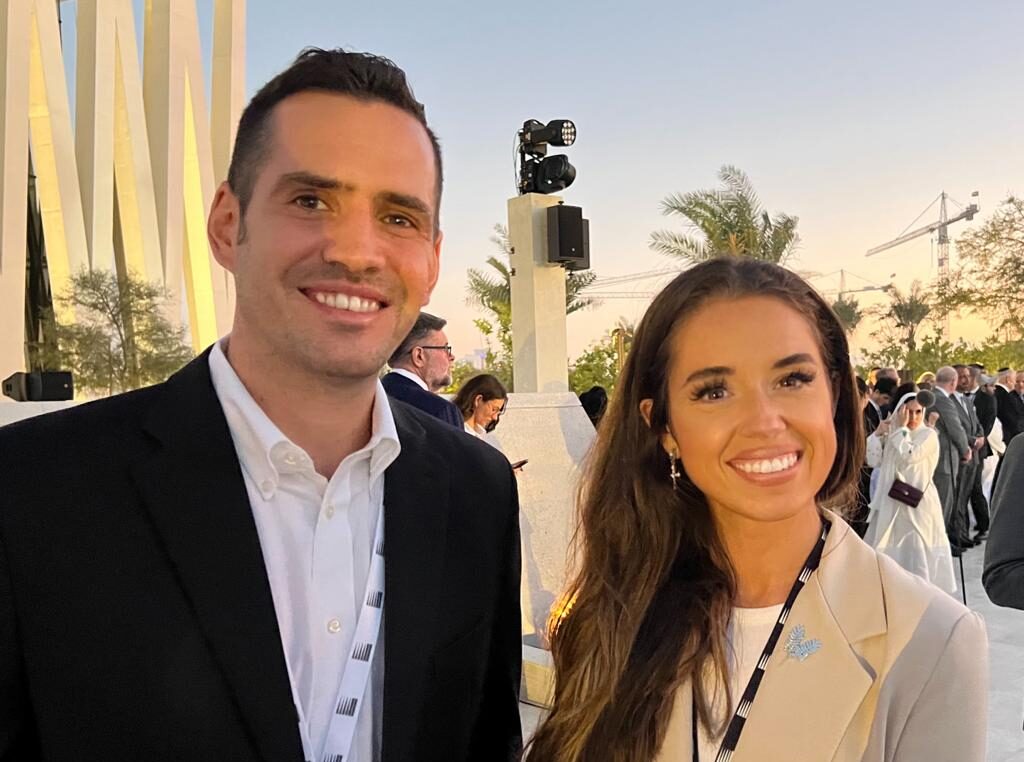January 29, 2024
In a few days we are going to celebrate the 5th anniversary of the Document on Human Fraternity that was co-signed by Pope Francis and the Grand Imam of Al-Azhar Ahmed Al-Tayyeb on February 4, 2019. Our JPII Leader Emily Judd (Cohort XI, USA) is working at the Higher Committee of Human Fraternity in Abu Dhabi and will tell us about it.
Emily, could you tell us more about your work at the Higher Committee of Human Fraternity?
I work as the Senior Communications Specialist which means handling communications and initiatives such as the Human Fraternity Fellows Program and the Human Fraternity Dialogues which were launched with Georgetown University and bring different students from around the world together for meaningful conversations around intercultural and interfaith topics.
What have been the main highlights of your work in the recent period?
One of the highlights I can mention was to be one of the core team staff leading and organizing the first ever Faith Pavillon at a UN climate change conference (COP28 in 2023): I was the Master of Ceremonies for the opening day and the inauguration which included the presence of the Vatican Secretary of State Cardinal Pietro Parolin.
Another highlight was helping secure US President Joe Biden’s statement on the international day for Human Fraternity.
Finally, I cannot but mention the Human Fraternity Fellows Program with Georgetown University. The program had a virtual component and now we are bringing 11 students from all around the world including JPII Leader Gianluca Avanzato to Abu Dhabi from February 3 to 10 for a study tour. They will have intercultural and interfaith discussions and visit different landmarks here such as the Abrahamic Family House.
The Document on Human Fraternity starts from a Catholic-Muslim perspective but it is addressed to all people of good will. In what ways do you see the Document being applied beyond Catholic and Muslim milieus?
I think that the Document on Human Fraternity was explicitly addressed to believers and non-believers alike. Our work therefore goes beyond Christian-Muslim dialogue. Even though the document was signed by the top religious Christian and Muslim figures in the world, it’s a document for everyone and all of humanity and I think that it can teach us many lessons on how to harness solidarity as members of the one human family.
How do you think, if so, that the Russell Berrie Fellowship prepared you for this position?
I definitely think that the Russell Berrie Fellowship helped prepare me when it comes to knowledge about other faiths, particularly Judaism and Islam. The different experiences we had together as a Cohort, friendships and also the JPII Leaders Network who I have been able to reach out to with questions related to my current work and to invite them to participate in the initiatives I run, have all been instrumental to my professional growth. I feel that the learning, the courses at the Angelicum and the connections within the Network prepared me for this position.

